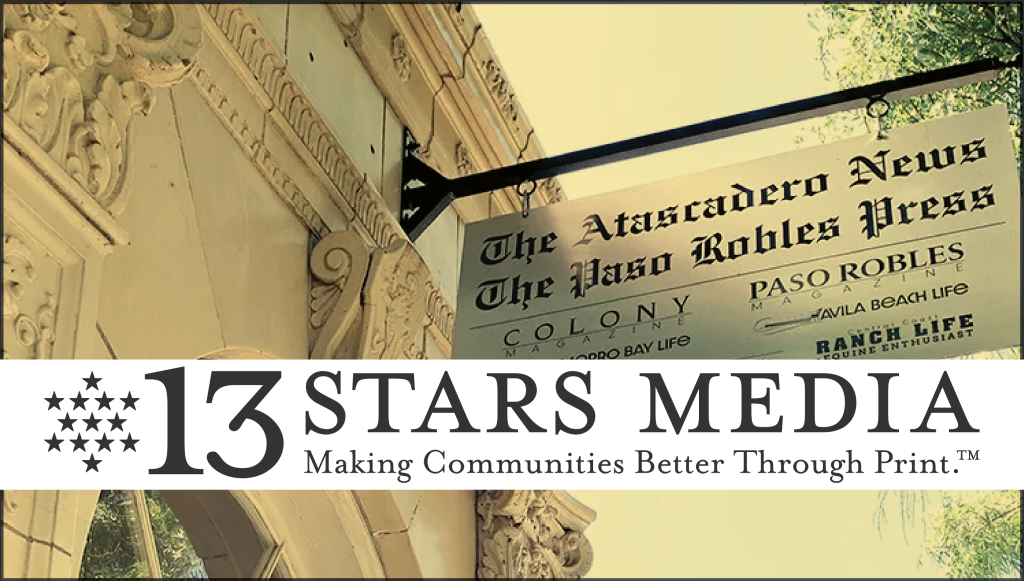California’s Prop 19 Gives and Takes
By Teresa J. Rhyne
California’s Proposition 19, billed as “The Property Tax Transfers, Exemptions, and Revenue for Wildfire Agencies and Counties Amendment,” passed with a 51.1 percent vote in favor in November. As a result, 2021 will see sweeping changes in property taxes assessed on personal residences and properties passed between parents and children. There’s good and bad news.
Let me note here that I’m going to simplify the math. Your property tax base value is the assessed value—the value listed on your property tax bill on which the property tax is calculated. It is typically the fair market value of your home at the time you bought it, adjusted annually by up to the 2 percent allowed under Proposition 13. The property tax rate is 1 percent (plus local taxes and assessments) of the base value. For the examples below, I’m using the purchase price as the “property tax base value” and 1 percent as the property tax rate, though in “real life,” both of those numbers are subject to increases.
The Good News
For residents age 55 and older, severely disabled, or a victim of a wildfire or natural disaster, there is much to like about Proposition 19. Effective Apr. 1, 2021, those eligible homeowners can sell their home and take their property tax base with them to any other property they buy for the same value or less anywhere in the state of California. A similar base value transfer was allowed prior to Prop 19, but only within certain counties (most of Southern California, San Mateo, Santa Clara, Tuolumne, and Ventura County).
Before Prop 19, if “Susie Seventy” bought a home in 1980 for $200,000 and the property was now worth $1 million, Susie may have resisted selling even if the house was too large and the stairs were too steep. To sell and downsize to a smaller home worth $500,000, unless she moved to a county with reciprocity and could transfer her property tax basis, Susie would wind up paying more than twice the property taxes she was paying.
In her new home, she’d be taxed on the $500,000 tax base rather the $200,000 base in her current home. Under Prop 19, however, Susie is now free to sell her home and buy another home valued at $1 million or less and have her same tax base ($200,000)—anywhere in California. (Cue the cheers of real estate agents everywhere, which is precisely who championed this proposition.)
For persons age 55 and older or severely disabled, this property tax base transfer can now be transferred up to three times in your life anywhere in California. It is unclear whether transfer prior to Proposition 19’s Apr. 1, 2021, effective date will count as one of these three allowable transfers.
The Semi-Good News
Residents over age 55, the severely disabled, and wildfire or natural disaster victims can also benefit from Proposition 19 after Apr. 1, 2021, if they’re looking to upgrade to a more expensive home. Say that “Sam Sixty” has a nice home he bought for $400,000 many years ago, and it’s worth $800,000. But Sam’s now divorced, the kids have moved out, and since he’s always preferred blondes, he’s looking to spend more time at the beach. When he finds that classic California beach bungalow for the low, low price of $1.5 million, Prop 19 still has some advantages for him. His new tax base will be $400,000 on the first $800,000 of value, with the remaining $700,000 taxed at the normal rate. Sam can carry over the tax base value up to the fair market value of the “old” home to the property tax base of his new home. (Cue more real estate agent cheers.)
The Bad News
The 55 and over set may love Proposition 19, but their children aren’t going to like it.
Before Prop 19, parents could transfer their primary residence and $1 million (per parent) of other property to their children without triggering a reassessment of those properties. After Feb. 15, 2021, that exemption is severely curtailed.
Beginning Feb. 16, 2021, a transfer of a principal residence by a parent to a child is only exempt if the parent was using the property as their principal residence and the child then resides in the home as their principal residence immediately following the transfer (it is not yet known for how long the child must reside in the home). No other transfers of property between parents and children will be exempt from reassessment, except in the case of “family farm,” which is thus far only vaguely defined but appears to include land farmed even if there is no home on such land.
Even those transfers qualifying for this narrow parent-child transfer exemption from reassessment have limits. The exemption will only apply as far as a certain specified value—which reads like an algebra formula. Anything above that “specified value” will be assessed at the normal tax value. Here’s how the formula works:
Assume “Ed and Eleanor Eighty” have lived in their quaint Laguna beach home since they purchased it in the early 1970s. Their tax base is a mere $80,000, but the home is valued at $2 million. Prior to Proposition 19, when Ed and Eleanor passed on, they could have left their home to their artist son “Elijah,” who could have moved in and painted en plein air on the deck to his heart’s content or kept the property and rented it out. Either way, he’d pay only what his parents paid in property taxes, and with a stepped-up income tax basis at the $2 million value, so even if he sold the property, he’d pay no income tax.
After February 15, 2021, if Ed and Eleanor transfer the house to Elijah, the tax bill looks quite different. If Elijah moves into the home and files the homeowner’s property tax exemption within one year, his new property tax bill will be calculated as follows:
- Calculate the sum of the property tax base value plus $1,000,000
- $80,000 + $1,000,000 = $1,080,000
- Determine whether the fair market value exceeds the sum of the property tax base value plus $1,000,000
- $2,000,000 is greater than $1,080,000
- Calculate the difference
- $2,000,000 – $1,080,000 = $920,000
- Add difference to property tax base value
- $80,000 + $920,000 = $1million
- New combined base year value = $1,000,000
With a new property tax base value of $1,000,000, Elijah will pay substantially more in property taxes than his parents did. For comparison purposes only, if we used a 1% property tax rate, Elijah would pay $10,000 a year, where his parents were paying $800. If Elijah does not move into the home but instead keeps it as a rental property or vacation home, the property will be assessed at the full $2 million value, with the property tax bill then exceeding $20,000 a year. Let’s hope Elijah can sell those paintings, or he just might have to sell the beach house. (There are those real estate agent cheers again).
The Scramble
Parents looking to pass their principal residences or other property, such as family business property, would do well to seek advice soon. There are options, including the use of special trusts (not your living trust), forming business entities to hold the properties, and lifetime gifts before Feb. 16, but each of these techniques is very fact-specific and requires a “running of the numbers” to see what makes sense. This is particularly true since a lifetime gift of property transfers the income tax basis as well, and you may be trading lower property taxes for higher income taxes down the road.
Proposition 19 giveth, but it had to taketh away to keep those property tax revenues coming in. The Proposition was said to eliminate “unfair tax loopholes used by East Coast investors, celebrities, wealthy non-California residents, and trust fund heirs to avoid paying a fair share of property taxes on vacation homes, income properties, and beachfront rentals they own in California.” (ACA-11 Section 2.1(a)(2)). Alas, it likely affects many normal California families as well.

Teresa J. Rhyne is an attorney practicing in estate planning and trust administration in Riverside and Paso Robles, CA. She is also the #1 New York Times bestselling author of “The Dog Lived (and So Will I)” and “Poppy in The Wild” released on Oct. 6, 2020. You can reach her at Teresa@trlawgroup.net






